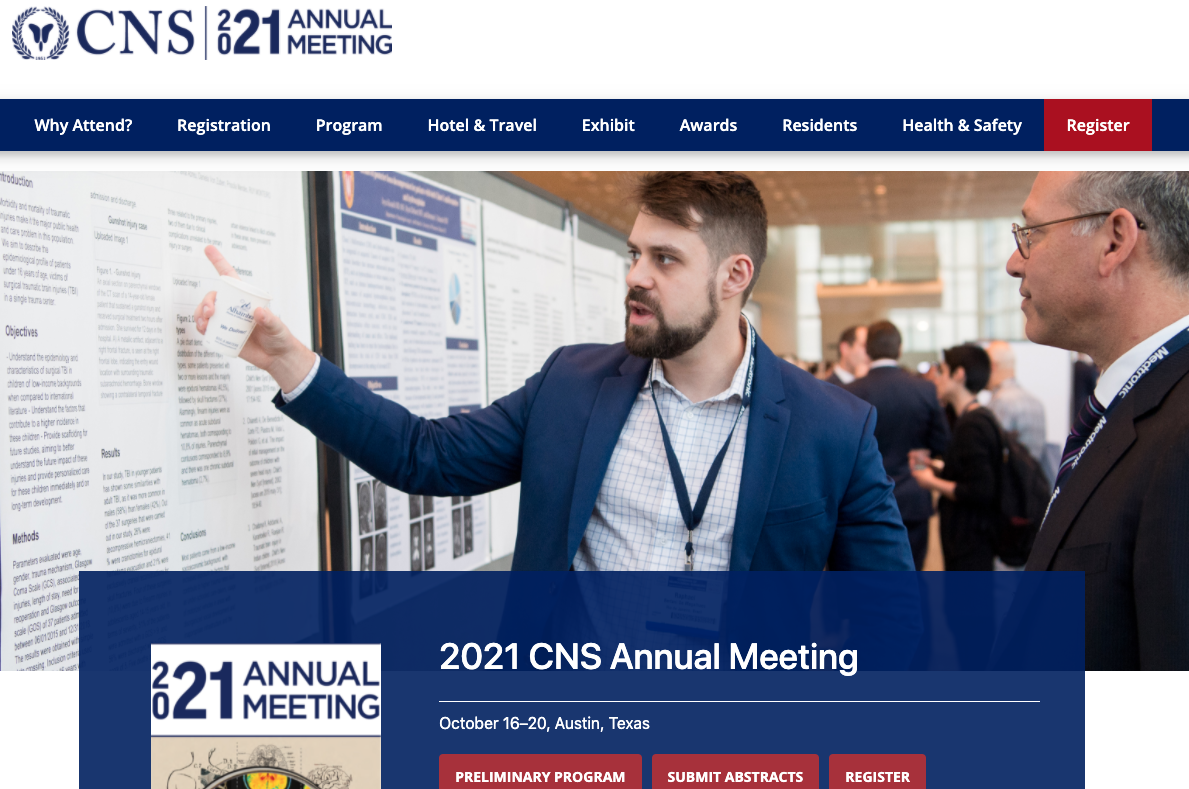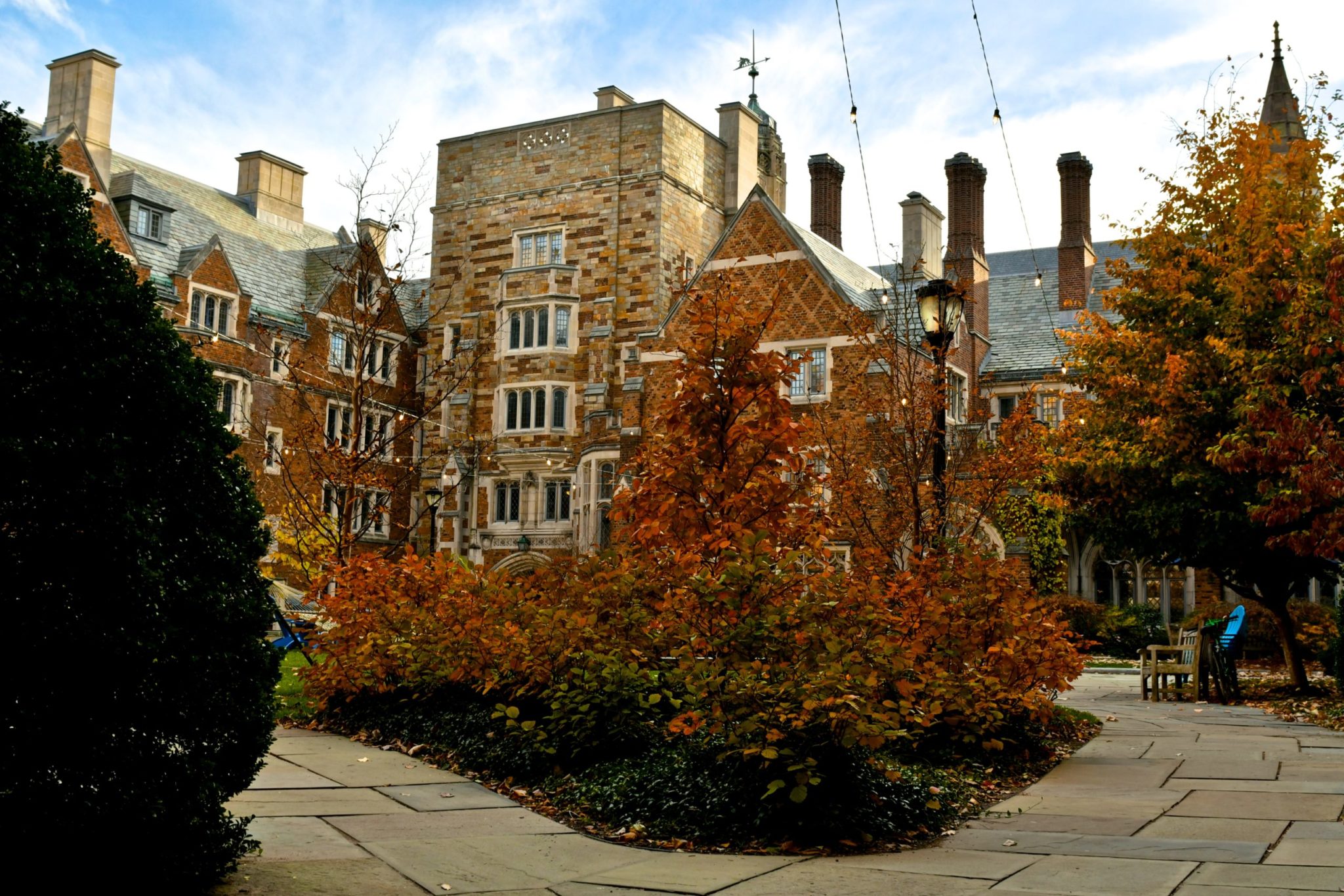X
X
Leaving Community
Are you sure you want to leave this community? Leaving the community will revoke any permissions you have been granted in this community.
No
Yes
X
bioCADDIE External Monthly Webinar
bioCADDIE External Monthly Webinar
bioCADDIE External Monthly Webinar
Date: Thursday, December 10, 2015
Time: 10:00 AM - 11:00 AM (PST); 1:00 PM - 2:00 PM (EST)
Presenters
Maryann Martone, PhD
University of California, San Diego
Abstract
Hypothes.is: Creating a light-weight, open, portable knowledge layer over biomedicine
The Internet has transformed society, and science with it. But only now are we developing a key component, long imagined by early web pioneers: the ability, as users, to contribute to and connect online resources.
Hypothes.is (http://hypothes.is) has developed the capability to add interactive and machine-searchable annotations to any web resource. Annotation is an ancient and ubiquitous practice in scholarship; for as long as we’ve had scholarly works, we’ve had notes and information attached to them. Annotation, particularly scholarly annotation, is distinct from current commenting systems in that it is anchored to a specific portion of a research object, i.e., a statement, an object in an image, a gene sequence and located according to the physical particulars of the target, i.e., the margin, image coordinates.
With Hypothes.is, any content on the web can be turned into an interactive forum for on-line discussions or annotated with additional information. Because Hypothes.is is engineered for the web, annotations can be replied to, shared and searched across contexts. But annotation need not be restricted to narrative works. We are actively exploring incorporation of annotation tools into data repositories and other research objects.
The implications of this technology are profound for collaborative creation of knowledge across many domains, including journalism, government, education and research. In biomedicine, Hypothes.is provides an independent communication channel on top of the scientific research objects where additional information can be added to otherwise static artifacts. It provides a lightweight interactive tool for peer review, education and post-publication mark-up.
For this reason, Hypothesis was founded as a non-profit, so that the annotation layer will remain open and available to everyone. Because it is built on open software, annotations can be shared and ported across people and tools, without being locked into proprietary software. Hypothes.is has launched a growing coalition with publishers, societies, libraries and other technology providers to commit to providing an open annotation layer for all scholarly works (https://hypothes.is/annotating-all-knowledge/).
In this presentation, I provide an overview of the technology and show how Hypothes.is is providing a lightweight, portable web-enabled knowledge layer across the biomedical workflow.
Biographies
Dr. Martone received her BA from Wellesley College in biological psychology and her PhD in neuroscience in 1990 from the University of California, San Diego, where she just retired as a Professor in the Department of Neuroscience. Her background is in neuroanatomy, particularly light and electron microscopy, but she spends most of her time now in the field of neuroinformatics. Dr. Martone is the principal investigator of the Neuroinformatics Framework project, a national project to establish a uniform resource description framework for neuroscience. Her recent work has focused on building ontologies for neuroscience for data integration. She just completed her tenure as the US scientific representative to the International Neuroinformatics Coordinating Facility (INCF), where she still heads the program on ontologies. She is finishing up her tenure as president of FORCE11, an organization dedicated to advancing scholarly communication and e-scholarship, on December 31, 2015. Dr. Martone remains a professor emeritus at UCSD and has recently joined Hypothes.is, a non-profit dedicated to developing an annotation layer over the web, as Director of Biosciences.
Details on how to join the webinar:
Must use Web and Audio
Please include name and institution when joining meeting.
Web: http://www.readytalk.com/ (Join meeting with access code 2201876)
Audio: 1-866-740-1260 (access code 2201876)
International call in numbers are available here (access code 2201876)
Click here to test your computer's compatibility before the meeting.
This webinar is open to all.
More information about this webinar, future webinars, and events may be found at:
https://biocaddie.org/events/webinars.
X










